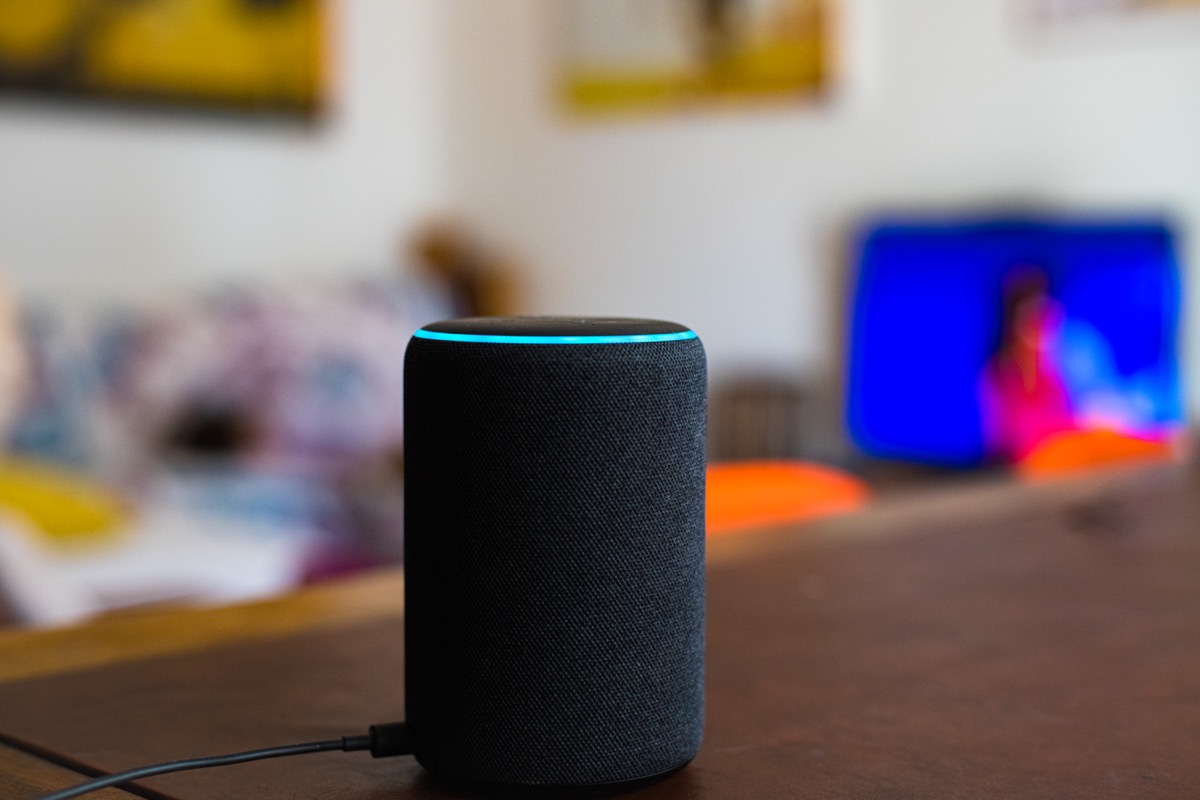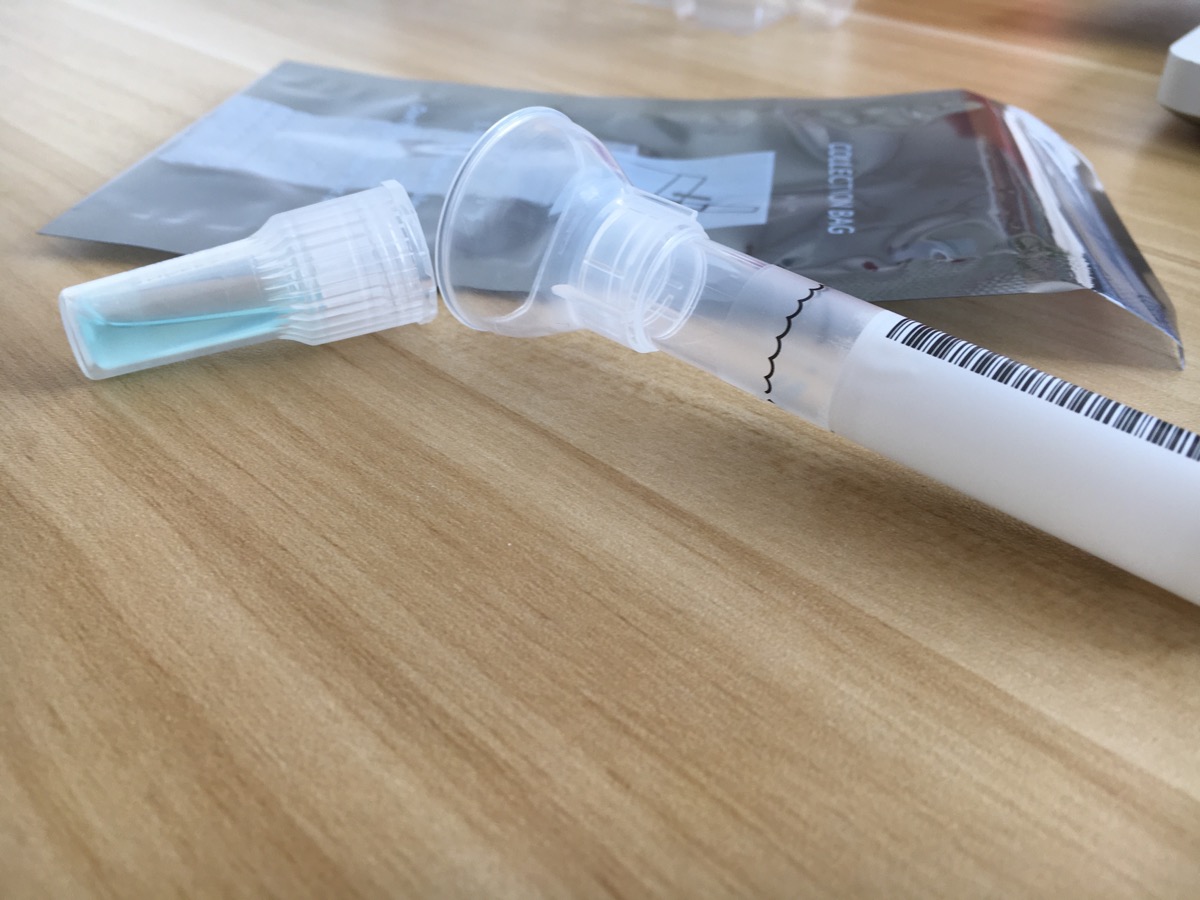Retired FBI Agent Shares 4 Ways You’re Putting Yourself at Risk Every Day

There’s no shortage of ways that bad actors will take advantage of you if given the opportunity. In fact, recent data from the Federal Trade Commission (FTC) reveals that people are losing more money to scammers than ever before—not to mention the various ways that online predators can compromise your personal safety. That’s why Steve Lazarus, a former FBI agent turned author and content creator, is sharing the things he would “never do,” knowing what he’s learned on the job. He says four things in particular could be putting you and your family at risk right now, and shares his solutions for each of these very real but subtle threats.
RELATED: FBI Issues New Warning About the Latest Scams Designed to “Steal Your Money.”
1
Giving your kids unsupervised access to the internet

One way that you could be endangering your family is by letting your children have unlimited or unsupervised use of the internet, Lazarus says in a TikTok video.
“A 12-year-old with a cell phone is nothing more than a target for an online predator who knows how to get kids to do things that they shouldn’t be doing,” he explains. “These tech-savvy creeps can get at your children through online gaming apps, through direct messaging apps, and through social media.”
Lazarus says that all parents should have parental control apps, know their children’s pins and passwords, and make regular, no-notice inspections of their phones as a condition of their keeping their devices. “They don’t have any [privacy rights]—especially not on the phone that you’re paying for,” he says.
2
Having a smart home system that listens in

The next thing Lazarus says he would never do is allow “a creepy stalker” to live in his house—that is, a smart home system that listens in on conversations.
“Think for a second about the most intimate and private conversations you have and ask yourself, do you really want a stranger listening in?” he says.
The former federal agent adds that hackers can also break into smart home devices, assuming control over their various functions.
“Some people use these assistants to unlock and start their car, they use them to run their home security system. Some people even use them to move money back and forth between bank accounts. If a hacker got into that assistant, just imagine what kinds of problems they could cause,” he says.
RELATED: 5 Texts That Are Always Scams, Experts Warn.
3
Allowing your private data to be captured unnecessarily

Another mistake you’re making that could be putting you at risk is allowing your private data to be captured unnecessarily. In particular, he gives the example of using home DNA testing kits, saying that for him, “it’s a hard ‘no.'”
“I know these companies promise to protect your privacy and your data, but did you know that in 2019, a detective in Florida got a court order that allowed him to blanket search over a million records blindly in one of these DNA databases looking for one of his subjects?” he says in one video.
“While we’re on the subject of misuse, do you really think an insurance company wouldn’t want a copy of your DNA when they’re deciding whether or not to grant you coverage? Or to allow you to get a treatment for an existing or pre-existing condition?” he adds.
Lazarus notes that even if you trust the company to protect your privacy, they could still be hacked or eventually sell the company—including your data—to a less trustworthy institution. “I understand that some people might want this to find their birth parents or some other legitimate reason, but for my money? 23 is not for me,” he says.
4
Investing in cryptocurrency

Finally, the former FBI agent says you’re putting yourself at unnecessary risk if you use cryptocurrency. “Bottom line: Most of it looks like a Ponzi scheme to me and as an FBI agent, I saw plenty of those. Crypto has zero tangible value—it’s only worth something if your fellow investors say it is. It has what we call a ‘wide entrance and a very narrow exit,’ meaning it’s easy to buy but it’s tough to sell especially during a panic,” he explains.
While he admits that there may be “some legitimate opportunities for a savvy investor in the crypto market,” he warns that you’ll more likely be left vulnerable to schemes and scams by investing in digital currency.
For more safety tips sent directly to your inbox, sign up for our daily newsletter.